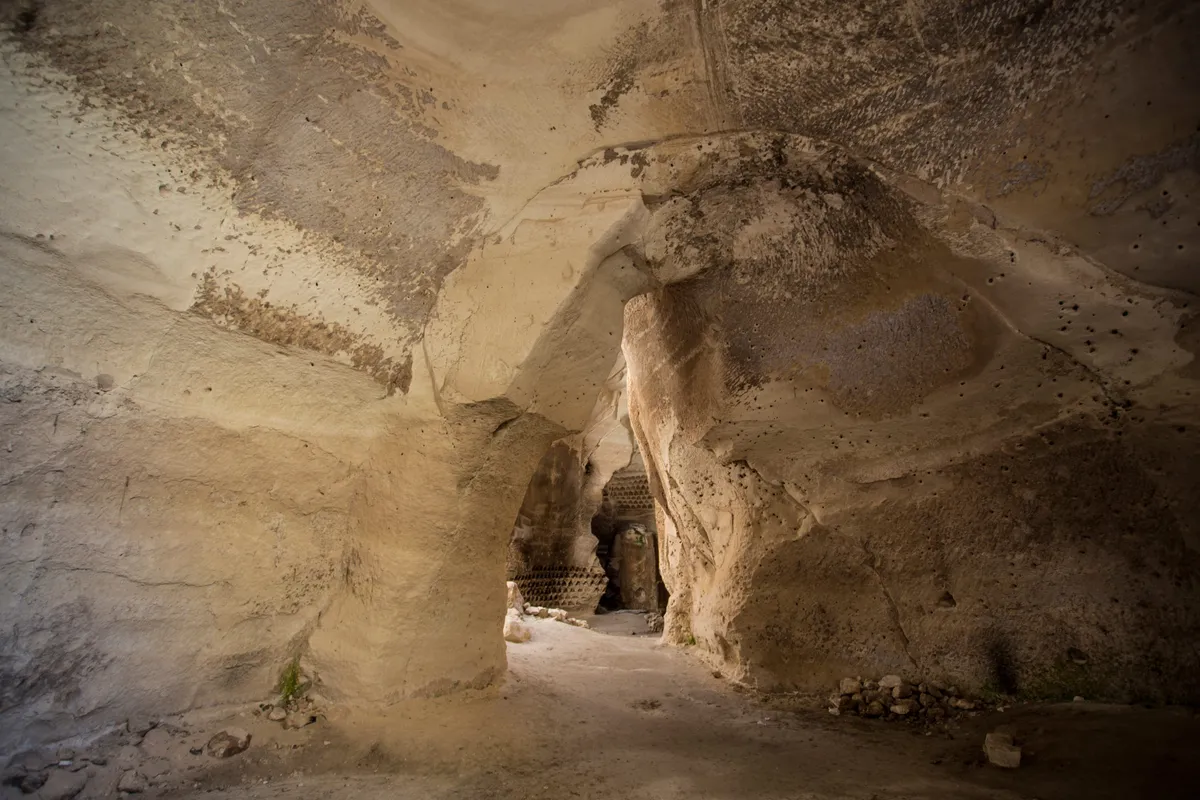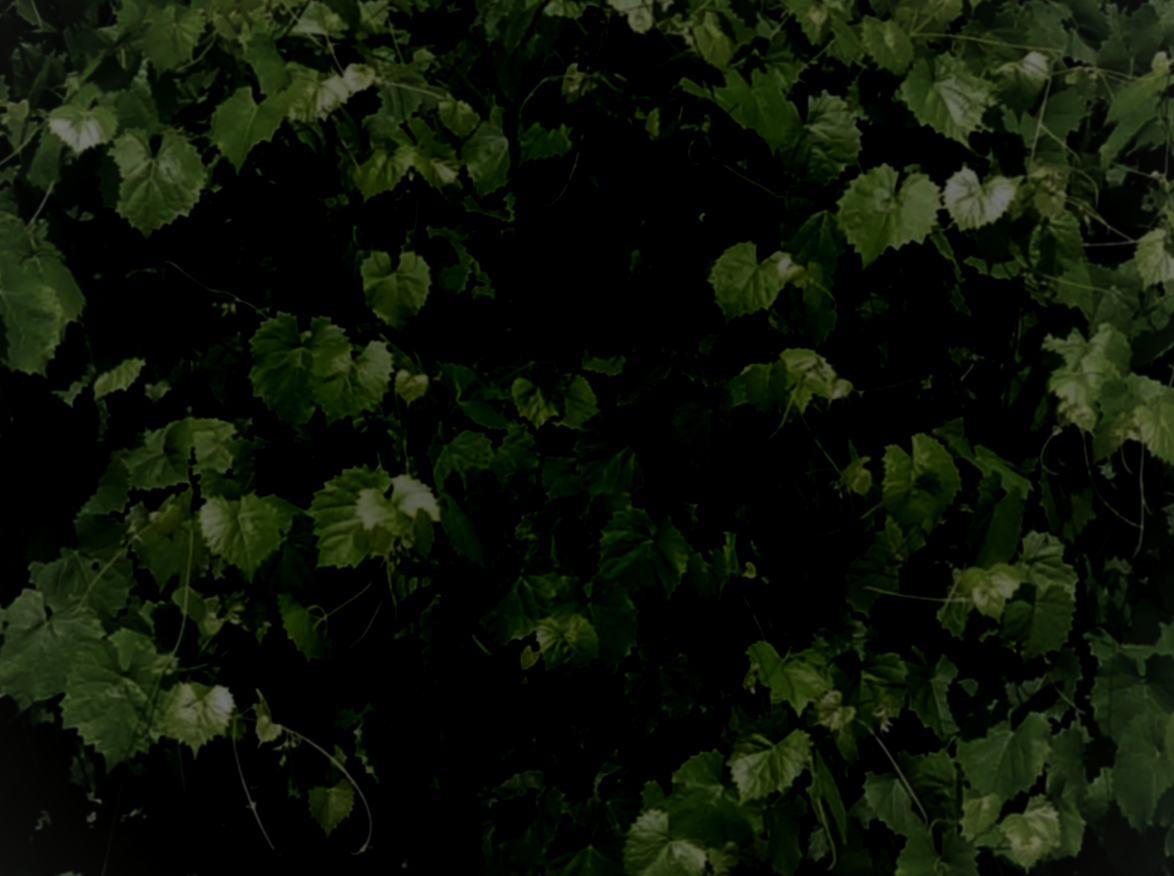Hanukah and Adult Faith
Moving Past Two-Mindedness

This is Life as a Sacred Text 🌱, an everybody-celebrating, justice-centered voyage into ancient stories that can illuminate our own lives. It‘s run on a nonprofit, so it’s 100% NAZI FREE. More about the project here, and to subscribe, go here:
Hag Urim Sameach/Happy Hanukah to those who celebrate! Merry Christmas to those who celebrate! Solstice blessings to all who celebrate! Happy almost Kwanzaa to those who celebrate! Since I’m over here continuing to be a Jew, I’m going to take a couple of weeks on Hanukah-related things—but as always, hopefully those of you for whom this isn’t your specific observance will still find something there for you. I hope so. There are more links out to stuff than usual in here—some bolded, some not. Enjoy.
HANUKAH AND ADULT FAITH
Every few years, yet another piece is published that grumbles about the real history of Hanukah—that is, the information that we have in I and II Maccabees. These books are extra-Biblical accounts of the war written in the 2nd c. BCE, during the reign of the folks who won the Maccabean war (the Hasmoneans, we call them.) The arguments on these pieces often tend to run along the lines of, “The history here is Not Good and/or the Maccabees would have hated us, so ugh, I guess you can do what you want for Hanukah, but, like…”
Listen, I was like that for a while, in my twenties. I’d go to parties and nibble on my latke or sufganiya while grumbling under my breath. I’d light my hanukiyah1, but I’d only do the bare minimum needed to fulfill the mitzvah and I’d do my best not to enjoy it.
See, like, the truth that we don’t get taught in Hebrew school
is that the war through which we celebrate Hanukah was, in part, intra-Jewish, in which zealous traditionalists attacked and killed more assimilationist Hellenized Jews while fighting the Selucid (uh, Syrian-Greek) army to gain their freedom.
The catalyst for the violent revolution was that the reigning Selucid king, Antiochus IV, had demanded that Jews worship false gods and violate the Sabbath, or die. (There’s some backstory about this particular narcissistic, ostentatious ruler and why he was so quick to anger, so ready to curtail civil liberties when his cronies weren’t in a job—but that all might feel a bit too close to home these days, mmm?)

Historically speaking, the miracle of Hanukah is that this small, bandit guerrilla army (the zealots) triumphed over Antiochus' large army and formidable weapons, against all odds, not only taking back the desecrated Temple, but re-dedicating it as well—restoring it to its previous state of holiness. (Hanukah, in fact, means, “rededication,” no matter how you spell it.)
The “Hanukah miracle” with which most kids are raised was apparently invented by Rabbinic sages living 300-600 years after the Maccabean events took place—the first time we hear the story of oil that was meant to last for one day but instead burned for eight is in the Talmud (Shabbat 21b).
It’s not clear when the story originated, but some scholars posit that rabbis under Roman rule figured it wouldn't be clever to publicly celebrate a holiday marking the violent overthrow of a foreign government, particularly (possibly) in light of the failed Bar Kochba rebellion.
So, instead, they came up with the much more kid-friendly version about the oil which, conveniently, lends itself much more to spiritualized interpretations of Hanukah.
Why was it 8 days originally? There are a few theories.
One suggests that the Maccabees were too busy waging war to celebrate Sukkot on time, so they did so later—but that doesn’t explain why Hanukah would become a whole separate holiday in subsequent years.
Two others offer a little more irony: one suggests that an eight-day winter festival of lights was widespread in Greek, Roman and Babylonian Antiquity, and another notes that that's how long the Greeks celebrated their military victories.
After the Hasmoneans/Maccabees/Zelots/heroes of our story won, once Judea was reclaimed and the Temple restored, Judah, the Hasmonean leader, and his brothers set to making a mighty Hebrew nation, by force. I'll be blunt: atrocities were committed.
One can, perhaps, understand why this holiday made me so angry for so long—why I’d go to synagogue and blurt uncomfortable facts about military history while everybody else was trying to enjoy a nice game of dreydel.
It wasn’t really a fun place to be.
Then something shifted.
I don't know what, or why. One year, though, I started sitting meditation in front of my hanukiya every night, breathing with the candles, thinking about renewal, rededication, how to make something from what seems to be the utter desolation of nothing.
It's not that I had forgotten the atrocities committed at the end of the Hasmonean war, it's that… they didn't block me anymore.
When I was in rabbinical school, I took a class on Biblical criticism—scholarly theories about who wrote which parts of the Bible when, and why. (It wasn’t my first exposure to the concept; I’d met it as an undergraduate, before I was ever interested in religion as, like, a personal practice.)
These theories can be, obviously, quite challenging to someone with a traditional Jewish theology, to someone who believes that God gave the Torah to Moses on Sinai—these words, all of them, in the same perfect form that we have today. If the Torah was written by…people… in… history… why should we affirm it as a sacred text? Why should we do or not do all the stuff commanded in there?
In class, the professor and my fellow rab students talked a lot about a sort of a two-mindedness that they thought was necessary to be able to both understand probable historicity and to experience the sanctity of these texts. When teaching, you're a serious scholar, when praying you're a religious Jew, never the twain shall meet.
As I’ve mentioned here before, the philosopher Paul Ricoeur talks about a “second naïveté,” the ability to see God shining through the words of the Bible even after one has been immersed in the potentially cynicism-inducing theories of Biblical authorship.
I had learned about all this Biblical criticism stuff way back in college, before I believed in God, before I was interested in practicing Judaism. Historical-critical methodology had seemed perfectly rational and didn't bother me—so maybe I never had a first naïveté.
A few years later, God showed up pretty powerfully for me (or, more likely, I showed up for God) and I realized that whether the stories in the Torah were literally or metaphorically true, they were telling me something about the nature of the God I had already begun to meet.
Sitting in front of the candles, I began to wonder how I might be able to clean up the despoiled Temple of our history, to once again sanctify my faith—
in Hanukah, and in celebrating Judaism as it exists today.
Two-mindedness hurts us. It requires that we build walls, shut out important information—information that we already know!!—in order to allow our world to remain orderly.
Isn’t God bigger and more radiant than a few historical facts here and there? Can’t we do better, shoot for more? Dare I say... integration?
A mature adult faith demands that we take in difficult, painful facts and allow them to become part of our understandings—
of God, our language of faith and connection.
Hanukah is not a holiday about innocence. Neither is Purim, actually–Jews did some slaughtering there, too.
Part of adult faith is being able to look truth in the eye, to take responsibility for it, and to not get stuck by the fact that it's not an easy story.
It certainly requires us not to take our frustrations on God. I know too many people whose faith was seriously shaken by Biblical criticism–as though God changes just because our understanding of history might.

As though God weren't bigger and far more expansive than that.
As though it's God's fault that we're just getting some new information.
As if it’s God's fault that human beings sometimes behave in ways that are unforgivable.
As though God's Divinity might not shine through texts written at different times and places, for different reasons.
An adult relationship to our tradition has to include the facts of bad human behavior and culpability, and yet also maintain the awe and reverence that God Godself deserves.
Is there any reason that I can't be grateful for the survival of the Jewish religion while condemning the actions of those who were involved in its (miraculous) survival?
Perhaps our question is not, "How can we possibly celebrate God and miracles if God didn't save our pure souls from the evil hands of others?" but, rather: How might we celebrate God and miracles while acknowledging the many complex ways in which our own hands have impacted history?
How might our theology shift to accommodate the awareness that our miracles have sometimes had painful consequences for others?
(Might we sometimes even have to rethink what we consider a miracle, if it’s causing ongoing harm?)
How might we celebrate renewal, rededication, re-sanctification with the understanding not only of what it means to receive light, but also to give it out?
What might that mean about what we do in the world today, what action we take as unforgivable atrocities rage just outside our door? We leave our hanukiot lit in the windows of our houses to publicize the miracle that is the ongoing manifestation of the divine in the world–-how might our behavior, our actions, similarly reflect our desire for all to partake of this miraculousness?
We have to be honest about the history that’s happened, to take responsibility for what has been done & to use what’s past to spark discussion and action about how to behave in our world today.
We can and should embrace the rededication of our souls, hearts and minds on a spiritual level, and we should also use these tropes of rededication to look at the world at large, to see what has been defiled and how we can make it holy again.
And maybe, after all, being able to move past a child-like faith into something more integrated and whole is, in itself, a sort of re-dedication, re-sanctification–in itself kind of a miracle.
🌱
Like this? Get more of it in your inbox every week.
For free every Monday—sign up at the ‘Subscribe now’ button just below.
And if you become a paid subscriber, that's how you can get tools for deeper transformation, a community for doing the work, and support the labor that makes these Monday essays happen.
A note on the subscription model:
I want my work to be as accessible to as many people as possible, in as many ways as possible. That's why the Monday essays are free, and why we donate subscriptions to anyone for whom paying is a barrier to the House of Study posts.
I also believe people should be paid fairly for their work. Needless to say, these two values sometimes seem to be in conflict, but I do what I can to find a fair balance. I offer many resources for free, and charge for others. When you donate generously or pay at the top of our scale, that helps support the work I do, provides access for those who have fewer resources, pays for the infrastructure and the technical and practical support that it takes to do this, and helps us keep the work sustainable.
And as always, if you want in to the Thursday space but paying isn't for you now, just email support@lifeisasacredtext.com and we'll hook you up.
And if you’d like to underwrite one of these donated subscriptions, you can do so by signing up at one of the higher subscription points.
And if it resonated with you, please share this post.
Sending a big pile of blessings and goodness your way. 💕
Or “Hanukah menorah.” Either’s kosher. On the one hand, “menorah” refers to the SEVEN-branched candelabrum that stood in the Temple, and people take pains to differentiate between that holy, irreplaceable item and the NINE branched thing we light this time of year (eight branches for eight nights and a special branch for the shamash, the helper candle that lights all the others). On the other, well, technically “menorah” just means “lamp,” so this particular linguistic quirk is really not the hill to die on, in my personal opinion. ↩




